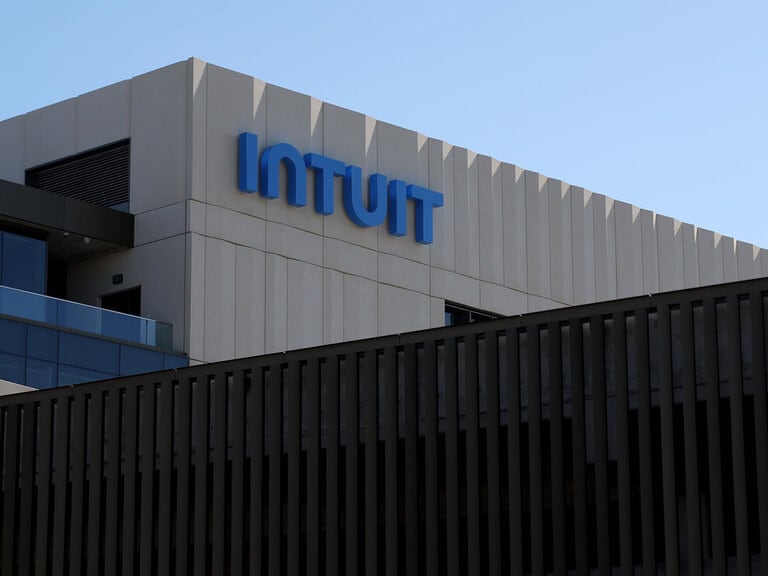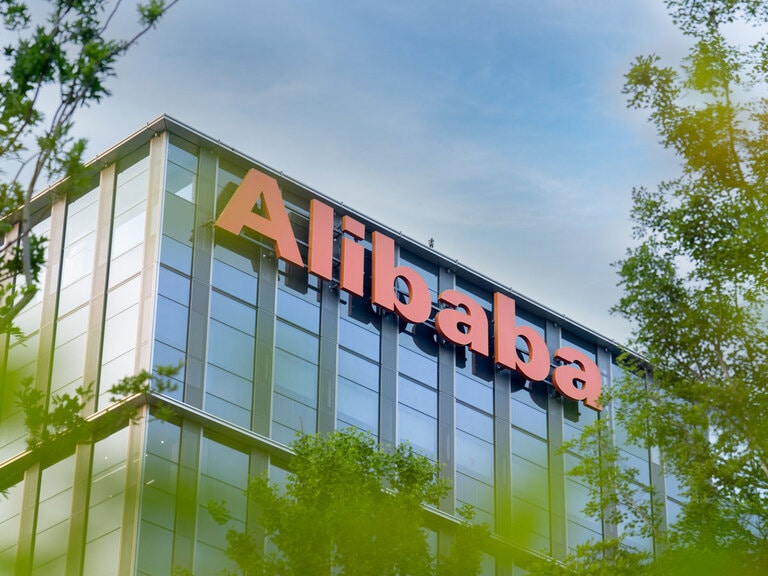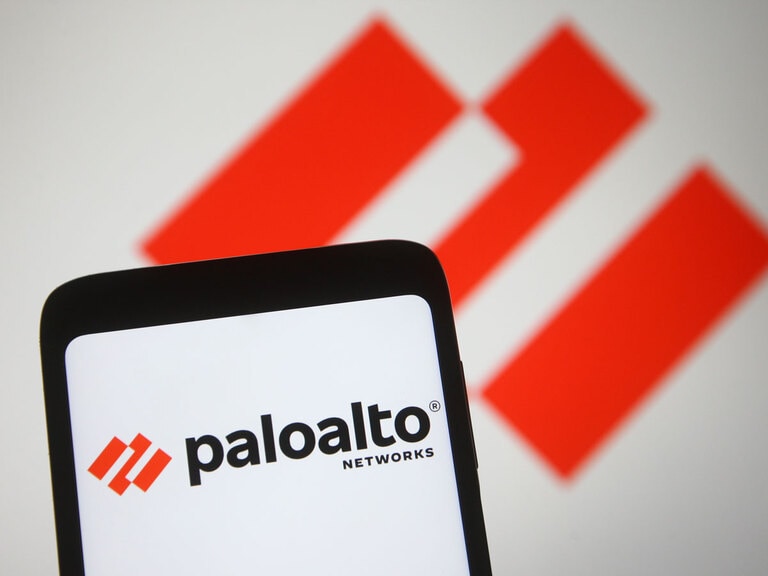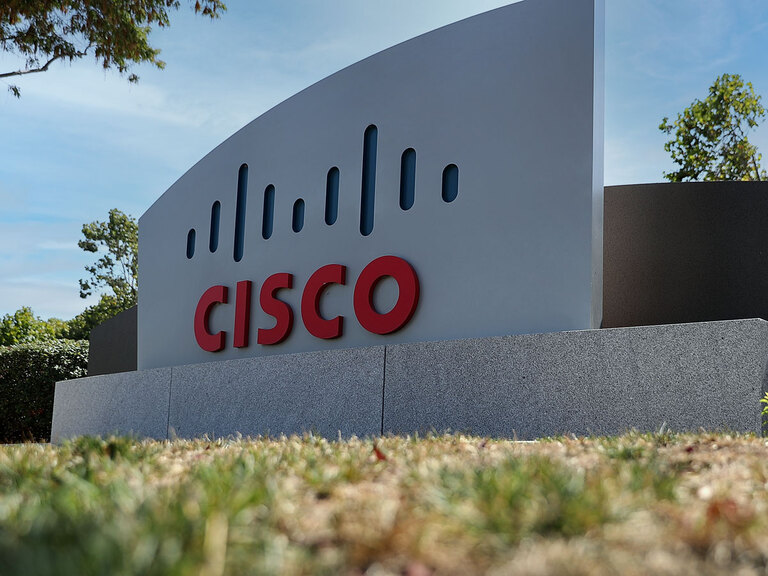Venture capitalist Chamath Palihapitiya has added to his expanding portfolio of clean-energy interests, by investing in residential solar company Sunlight Financial with his latest special purpose acquisition company (SPAC) deal.
A SPAC is a shell organisation designed to take companies public, bypassing the traditional initial public offering (IPO) process. The sole aim of a SPAC is to raise capital that can then be used to acquire a company in a reverse-merger. SPACs are becoming an increasingly prominent fixture in the investment landscape, and have certainly benefitted from Chamath Palihapitiya’s involvement.
SPACs raised a record $64bn last year, close to matching the $67bn raised via the traditional IPO route. If founder and CEO of Social Capital and Virgin Galactic chairman Chamath Palihapitiya has anything to do with it, the popularity of SPACs will likely increase further.
$64billion
Amount raised in SPACs last year
Chamath Palihapitiya adds solar investment to climate-friendly portfolio
Chamath Palihapitiya is leading a $250m private investment in public equity (PIPE) deal in residential solar company, Sunlight Financial. He is doing so in partnership with SPAC Spartan Acquisition II Corp [SPRQ], and investor Philippe Laffont, founder of investment firm Coatue. The deal will give the parties circa 19% ownership of the firm, reports Business Insider’s Emily Graffeo.
After launching on the 15 January this year, Spartan Acquisition’s share price rose 41% to $16.66 at one stage last Monday 25 January, before dropping back slightly and closing up 24.72% at $14.33.
Chamath Palihapitiya announced the deal in a tweet last week, naming Sunlight Financial as a "leader in the residential solar boom". Sunlight is a fintech platform that offers US homeowners affordable solar loans, and provides solar contractors with a point-of-sale financing platform.
Chamath Palihapitiya, who says his investment is “helping drive the shift to clean energy", eyes significant untapped potential in a residential solar market worth $11bn, and which is “only 3% penetrated”, leaving "many years of forward growth available". He also reckons the uptake in residential solar power across the US will expand "well-paying green jobs".
$11billion
Valuation of residential solar market
Solar deal follows Palihapitiya's “biggest” clean energy SPAC
That deal follows swiftly on from Palihapitiya's “biggest investment in climate change”, which he revealed in a tweet on 12 January. The SPAC Arclight Clean Transition Corp [ACTC] will merge with the US commercial electric vehicle (EV) firm Proterra, in a move to take the latter firm public.
The SPAC will provide resources, including $825m in cash, to take Proterra's portfolio of commercial EV tech to “new levels of growth”, reported Business Insider’s Will Daniel. Arclight Clean Transition Corp’s share price jumped 106.72% to $25.20 on the news, taking the SPAC’s market capitalisation to almost $900m.
Chamath Palihapitiya sees a string of benefits in this latest clean-tech investment, including Proterra's first-mover advantage, with more than 1,000 commercial EVs already sold in North America, representing over 50% of market share. He also mentioned a significant decline in EV battery costs since 2010, as well as Americans’ increasing use of public transport.
Other SPACs in Chamath Palihapitiya’s portfolio
Palihapitiya used his first SPAC in 2019, when Social Capital Hedosophia [IPOA] reverse-merged with Richard Branson-backed Virgin Galactic [SPCE] in an $800m deal, enabling the space tourism company to go public without an IPO. Since then, there have been SPAC-led mergers with online marketplace place Opendoor [OPEN] and medical insurer Clover Health [CLOV].
In January, it was announced that Chamath Palihapitiya’s Social Capital Hedosophia V [IPOE] SPAC is taking fintech start-up Social Finance (SoFi) public. The Motley Fool’s Matthew Frankel suggests SoFi offers a “trading app that is a direct competitor to Robinhood.”
Palihapitiya also announced last week that he is leading a PIPE in Latch, a maker of smart locks and building-management software which he called the "best SaaS company I've ever seen/invested in”. Latch will go public by merging with SPAC TS Innovation Acquisitions Corp [TSIA].
What’s next for Palihapitiya and SPACs?
Silicon Valley executives and investors have certainly jumped on board the SPACs gravy train recently. Is there a danger that optimistic forecasts are fuelling a “SPAC bubble”?
That’s a view held by Bloomberg’s Chris Bryant, who highlights “pre-revenue electric-vehicle companies and suppliers” as a cause for concern. Bryant raises the prospect of regulatory interference, suggesting that “the next chairman of the US Securities and Exchange Commission, Gary Gensler, should take a close look before things get really unhinged.”
However, with Palihapitiya launching multiple SPACs in quick succession, the trend seems set to continue in 2021. Sustainable resources private equity investor Rob Day, writing in December, suggests that the current [SPAC] craze stems from the lack of supply for ESG investment demand.
“[O]ver the past 24 months, the institutional investor universe has come fully into believing that climate solutions are going to be a major growth area in the 2020s and beyond...” - Rob Day
“[O]ver the past 24 months, the institutional investor universe has come fully into believing that climate solutions are going to be a major growth area in the 2020s and beyond, but they weren’t seeing options available to them for investing into … throw in a Robinhood market of retail investors with a lot of enthusiasm for EVs and such, and you have a nice recipe for this to happen,” Day writes.
Whether or not SPACs will stand the test of time remains to be seen, but they may well be worth watching if Chamath Palihapitiya is to be believed.
Continue reading for FREE
- Includes free newsletter updates, unsubscribe anytime. Privacy policy





